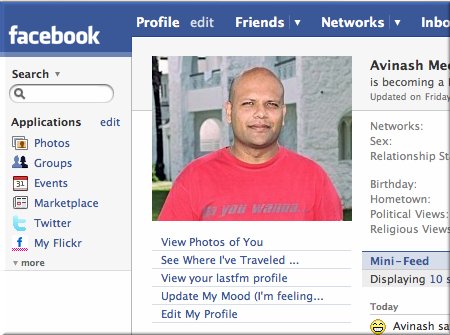
I want to do a study of the real bandwidth that we get through our ADSL connections in Mauritius. I want to show that we are getting only a subset (I would say < 40%) of what we are actually paying for. I want to do the survey over 7 days (from Monday to Sunday) on at least 5 different ADSL lines (i.e. I need 4 volunteers). I think that we can time how long we need to download a 1Mb file from the US and Europe at different times (say, around 8:30, 16:30 and 22:30) This will obviously produce 5 x 7 x 3 x 2 = 210 different bandwidths which when averaged will produce a pretty good estimate. Who wants to help? I need 4 people with MyT at 256kbit/s. It would be best to start the experiment on Monday 2 July to cater for the 1Gb limitation. As you can easily calculate, the experiment will only use 7 x 3 x 2 x 1 Mb = 42 Mb of your 1Gb quota... There is an ongoing discussion on Facebook on this.

